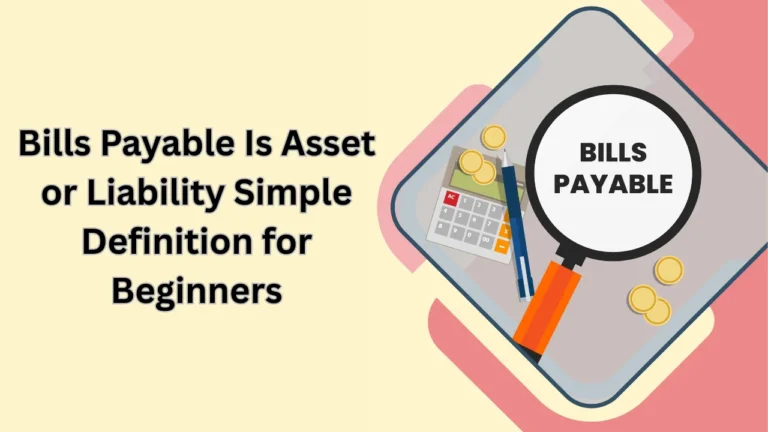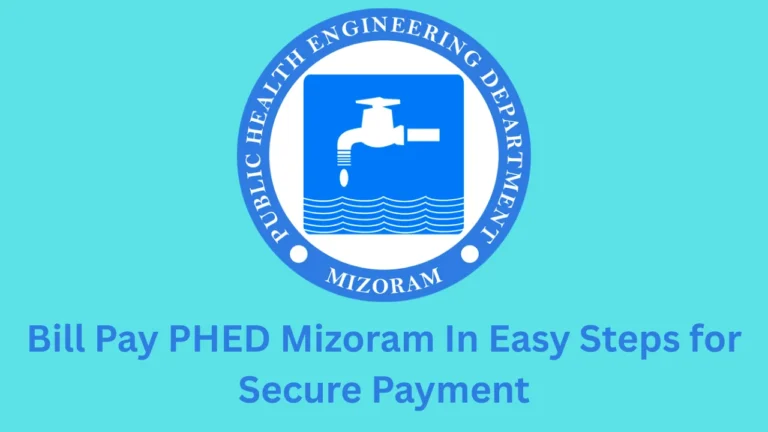Entering the healthcare field as a billing professional is rewarding, but it also requires preparation. Candidates often worry about how to answer medical billing interview questions effectively. Employers want to see not only technical knowledge but also communication skills and attention to detail. Just like knowing your syndicate balance check number helps you manage finances easily, preparing ahead of time helps you handle interviews with confidence. In this guide, we will look at the most asked questions, sample answers, and preparation tips.
Why Employers Ask Medical Billing Interview Questions
Healthcare organizations rely on billers to ensure smooth cash flow. That is why interviewers focus on accuracy, compliance, and problem-solving. Medical billing interview questions help them understand how you handle claims, interact with patients, and stay updated on coding rules. A candidate who can explain processes clearly is seen as reliable and professional.
What are the Basics of Medical Billing?
Before discussing interview preparation, you need to know what medical billing involves. Billing professionals handle claims, insurance policies, patient records, and payment reconciliation. They must follow HIPAA guidelines and protect patient data. Knowing insurance terms such as deductible, copay, and coinsurance is essential. Employers test these concepts through interview questions to check your foundation.
Commonly Asked Medical Billing Interview Questions
Most interviews follow a pattern. Candidates are asked about their experience, knowledge of codes, and ability to work with billing software. Below is a table showing the type of question, what the employer expects, and how to answer.
| Category | Sample Question | What Employer Looks For |
|---|---|---|
| Background | Tell me about yourself. | A clear summary of education, experience, and motivation. |
| Technical | Which coding systems do you know? | Knowledge of ICD-10, CPT, HCPCS, or other codes. |
| Claims Handling | What steps do you take when a claim is denied? | Ability to analyze errors, resubmit, and appeal if needed. |
| Compliance | How do you protect patient data? | Awareness of HIPAA, secure access, and confidentiality. |
| Communication | How would you handle an angry patient? | Patience, clarity, and professional behavior. |
These medical billing interview questions test both knowledge and soft skills. You should answer with short examples that show your real-world abilities.
Technical Knowledge Interviewers Expect
Interviewers want to know if you can apply codes correctly and use billing software efficiently. They may ask about ICD-10 or CPT coding and how you handled errors in the past. You should be ready to describe claim cycles, from charge entry to payment posting. Software experience such as MediSoft, Kareo, or Epic is also important. Explaining how you learned new systems quickly can create a strong impression.
Behavioral Medical Billing Interview Questions
Employers also use behavioral questions to judge your decision-making skills. For example, they may ask: “Tell me about a time you found an error in a claim.” Your answer should show that you corrected the mistake, notified the right team, and prevented it from happening again. Using the STAR method (Situation, Task, Action, Result) helps keep your answer structured and professional.
How to Handle Patient-Related Questions
Some medical billing interview questions involve patient interaction. Even if your role is back-office, you may need to explain bills or resolve payment issues. If asked how you would handle an upset patient, show empathy and patience. Explain that you would carefully review their bill, highlight what insurance covers, and provide clear options. This proves you can handle stressful situations without losing professionalism.
Importance of Compliance and Regulations
Billing professionals must comply with legal and ethical standards. Interviewers may ask how you keep up with updates in medical billing rules. A good answer includes mentioning webinars, newsletters, or professional organizations. You should also explain how you apply these updates in your daily work. Compliance is as important as accuracy in coding, and employers value candidates who stay current.
Preparing for the Interview Effectively
Just like making ugvcl online bill payment on time prevents late charges, preparing before your interview prevents stress. Start by reviewing common insurance terms and coding rules. Go through your resume and prepare examples of past achievements. Practice answering questions aloud, so your responses sound confident. Research the company, learn which specialties they cover, and prepare specific answers.
Sample Situational Questions and How to Answer
Employers often ask situational questions that test your quick thinking. Below is a table with examples and possible approaches.
| Question | Suggested Approach |
|---|---|
| What do you do when claims are denied repeatedly? | Investigate denial codes, review documentation, correct errors, resubmit. |
| How do you manage multiple claims under tight deadlines? | Prioritize by urgency, use tracking systems, and communicate with the team. |
| What if you notice a coding error after submission? | Correct the error quickly, resubmit, and document the process. |
These responses show that you can handle real problems in a structured and professional way.
Role of Certifications in Medical Billing
Interviewers may ask whether you hold certifications such as Certified Professional Coder (CPC) or Certified Medical Reimbursement Specialist (CMRS). While not always required, certifications add credibility. They also show that you have formal knowledge of billing and coding systems. If you don’t yet have a certification, you can explain your plans to pursue one. Employers value continuous learning.
Questions You Should Ask the Employer
At the end of most interviews, you get a chance to ask questions. This is your chance to stand out. You can ask about the software they use, how they measure performance, or what training programs are available. Asking thoughtful questions shows that you are serious about the role and willing to grow with the organization.
Common Mistakes to Avoid in Interviews
While answering medical billing interview questions, candidates sometimes make avoidable mistakes. Talking too much, giving vague answers, or showing frustration are red flags. Avoid criticizing past employers and focus instead on what you learned. Always be honest about your knowledge; if you don’t know a system, express your willingness to learn. Employers value honesty more than memorized responses.
Staying Calm and Professional
Interviews can be stressful, but staying calm is essential. If you face a difficult question, pause, think, and answer clearly. Avoid rushing your response. Maintain good eye contact and a polite tone. Remember that interviewers are not only testing your knowledge but also your ability to stay composed in real situations.
Conclusion
Answering medical billing interview questions is about showing your technical skills, problem-solving ability, and professionalism. Employers want candidates who can manage claims with accuracy, stay compliant with regulations, and handle patient concerns with patience. Preparing well, practicing sample answers, and staying updated on billing rules will help you succeed. Just as careful planning helps in financial tasks like checking your syndicate balance or making timely payments, thoughtful preparation will help you secure a billing role with confidence.




